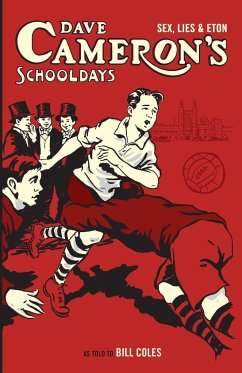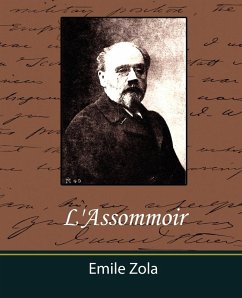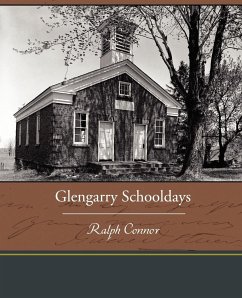
Glengarry Schooldays
Versandkostenfrei!
Versandfertig in 1-2 Wochen
19,99 €
inkl. MwSt.

PAYBACK Punkte
10 °P sammeln!
Rev. Dr. Charles William Gordon used the pen name Ralph Connor when writing his novels in order to preserve his status as a church leader. At the beginning of the First World War, in 1915 he became Chaplain of the 43rd (Cameron Highlanders) Battalion. He later became Senior Chaplain for the Canadian forces in England and then in France. Some of his books include Black Rock, The Man from Glengarry and Glengarry School Days. Through a fictionalized account of his childhood, the author creates a character, Hughie Murray, the son of a minister and his angelic wife. Hughie, growing up in the late 1...
Rev. Dr. Charles William Gordon used the pen name Ralph Connor when writing his novels in order to preserve his status as a church leader. At the beginning of the First World War, in 1915 he became Chaplain of the 43rd (Cameron Highlanders) Battalion. He later became Senior Chaplain for the Canadian forces in England and then in France. Some of his books include Black Rock, The Man from Glengarry and Glengarry School Days. Through a fictionalized account of his childhood, the author creates a character, Hughie Murray, the son of a minister and his angelic wife. Hughie, growing up in the late 19th century, describes the school life of a group of boys and girls and their teaching masters.





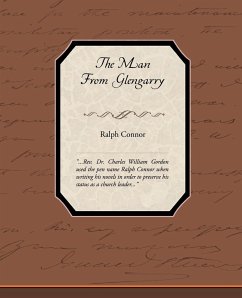
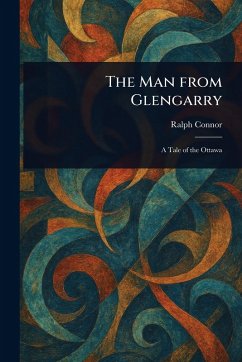


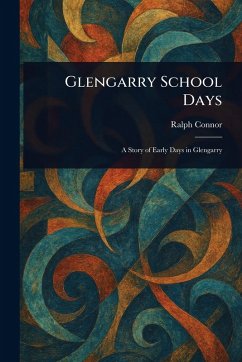
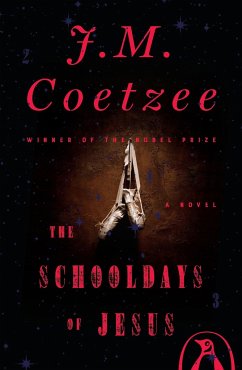
![Tom Brown's Schooldays [by T. Hughes] Cover Tom Brown's Schooldays [by T. Hughes]](https://bilder.buecher.de/produkte/68/68937/68937558n.jpg)
